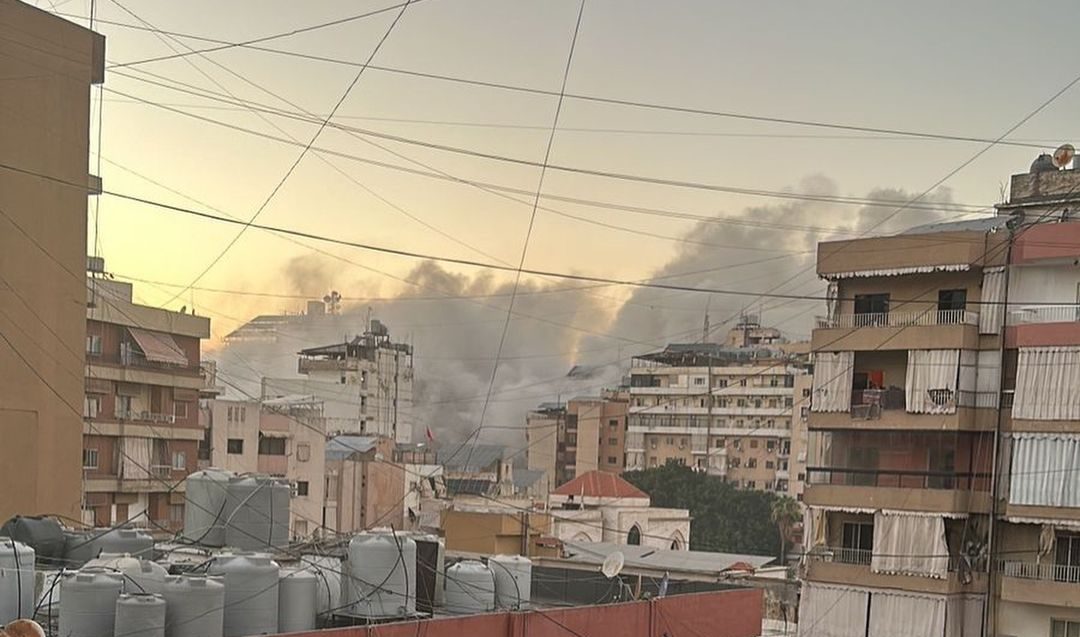Cross-border attacks between Israel and Hezbollah were triggered by the war in Gaza on October 7, raising concerns over an all-out regional war.
Israel launched a deadly attack on Beirut’s southern suburbs on Tuesday evening in an attempt to kill senior Hezbollah commander Fuad Shukr, a move that has raised further concerns over the region’s security.
The attack on Dahiyeh came following Israeli threats to “retaliate” following Saturday’s attack on Majdal Shams in the occupied Golan Heights, where 12 Druze children were killed.
Israel and its ally, the United States, have blamed the weekend attack on Hezbollah, despite the group denying responsibility.
Plumes of smoke emerged from Beirut and ambulances rushed to the scene of the latest attack, where Israel killed at least four people, including two women and two children, while wounding at least 74 others.
The Israeli military claimed it killed the Hezbollah commander, though the group said his fate remains unknown.
Lebanon’s caretaker prime minister Najib Mikati condemned the attack, describing it as a “criminal act” in a “series of aggressive operations killing civilians in clear and explicit violation of international law.”
Iran, Hezbollah’s backer, also condemned the “despicable” Israeli attack in Beirut.
“The despicable and criminal act by the Zionist criminal gang in the Dahiyeh area of Beirut will certainly not deter the brave sons of the proud Lebanese nation and resistance from continuing their honorable path of supporting the oppressed Palestinians and standing firm against the aggressive nature of the apartheid Israeli regime,” he said.
Cross-border attacks between Israel and Hezbollah were triggered by the war in Gaza on October 7, raising concerns over an all-out regional war. Hezbollah repeatedly stressed that it would stop fighting if a ceasefire is reached in Gaza.
Israel has killed around 500 people in Lebanon since the beginning of the flare up.
Data by the United Nations International Organization for Migration (IOM) says the cross-border attacks have forced at least 96,829 people in southern Lebanon, many of which moved to their relatives’ residences in other areas in Lebanon.
In 2006, Israel waged a 34-day war on Lebanon, killing 1,200 mostly Lebanese civilians, which ended with Hezbollah forcing Israeli soldiers out after weeks of intense attacks.







